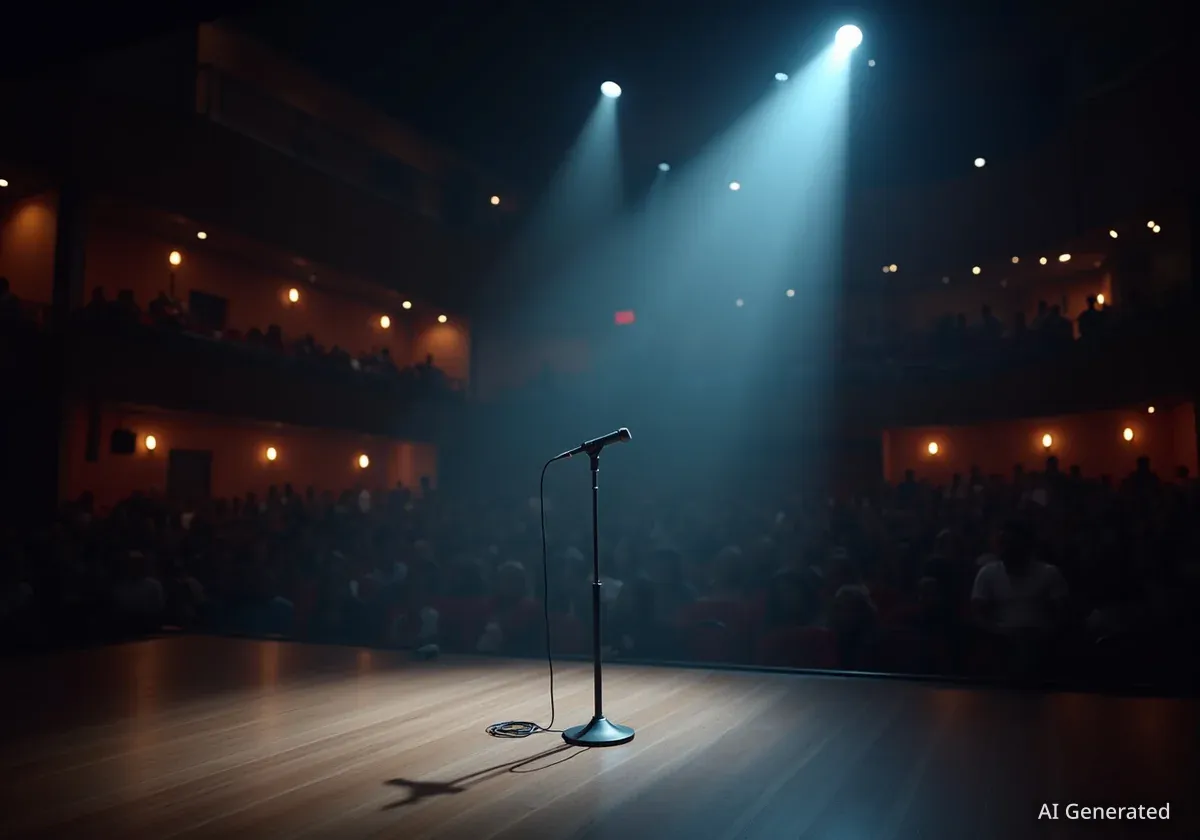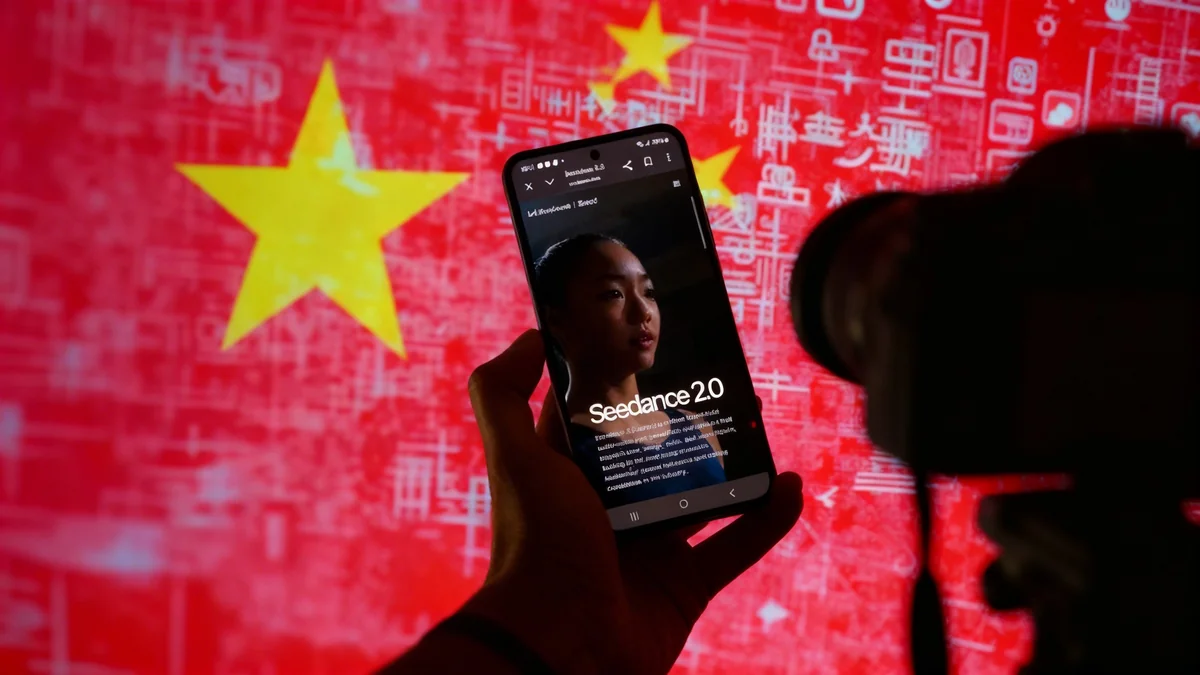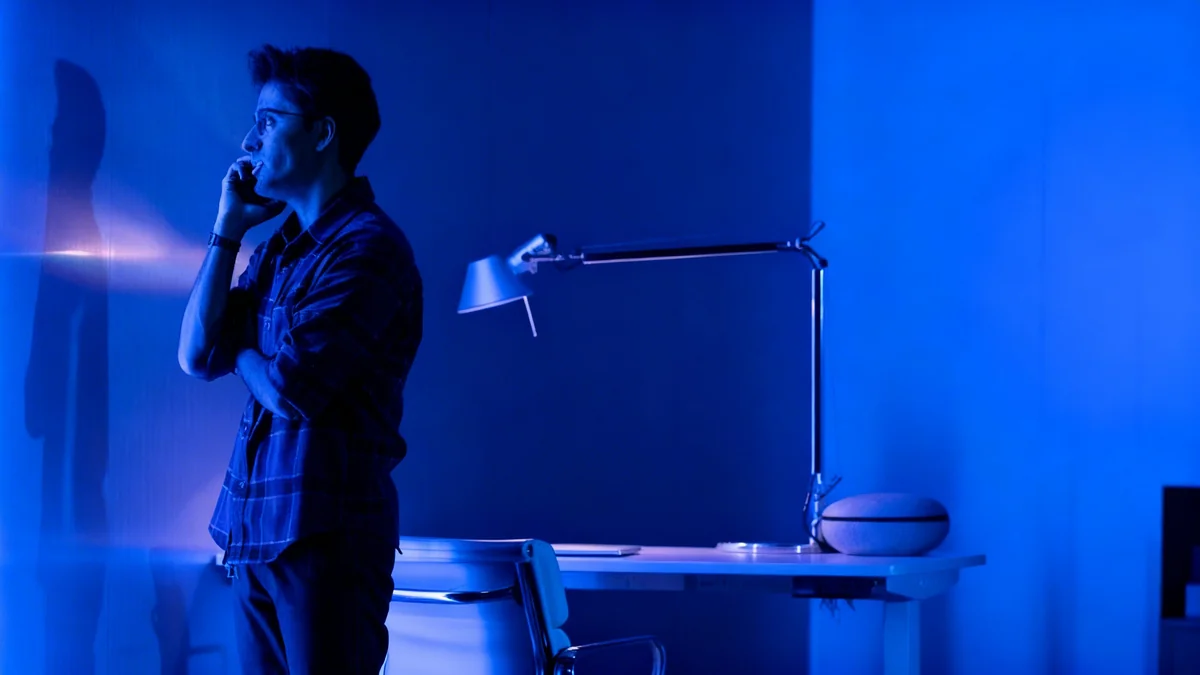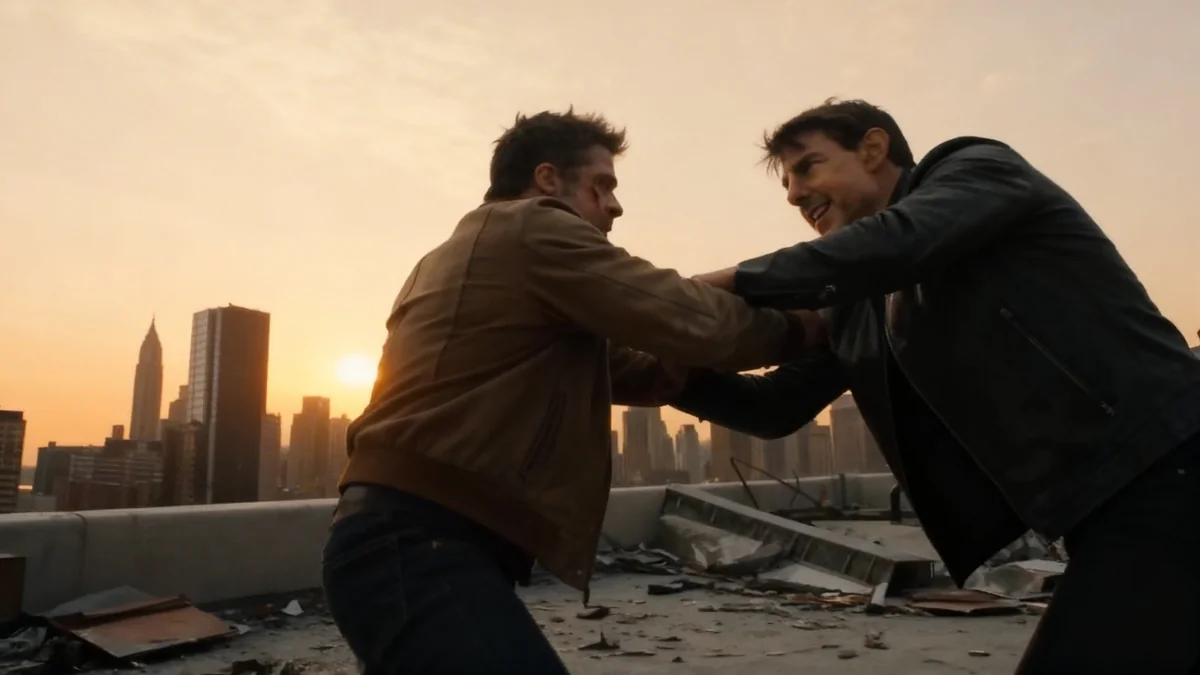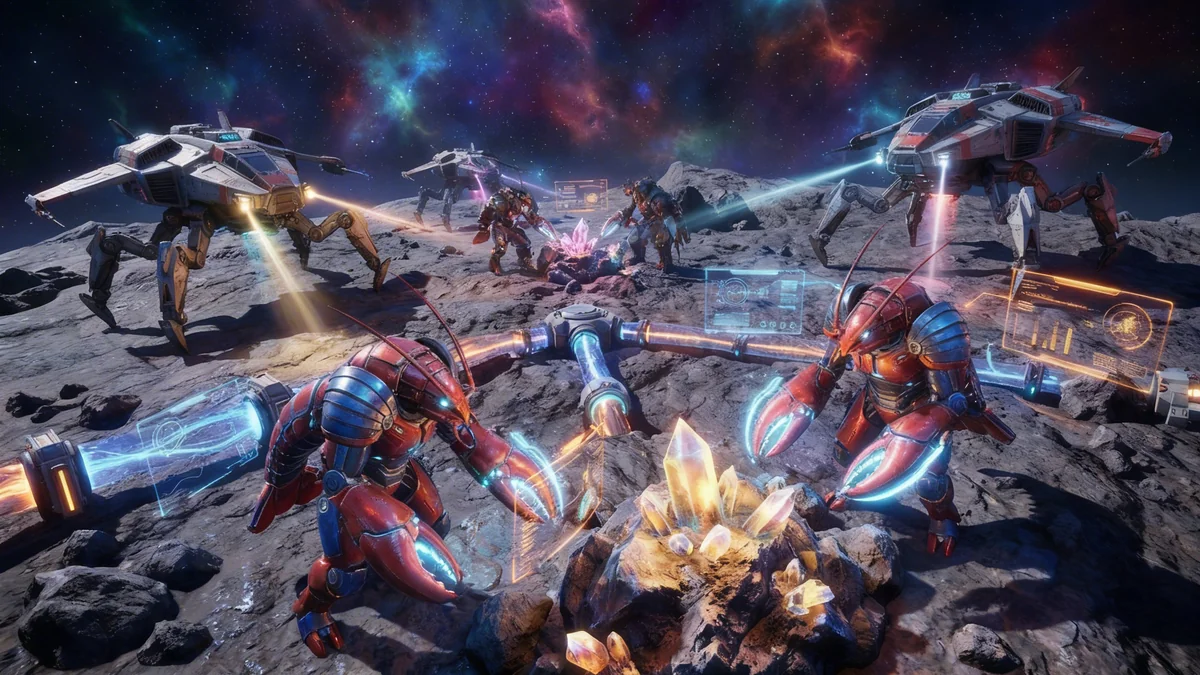Actress and comedian Amy Poehler used her recent opening monologue on Saturday Night Live to directly address the growing concerns within the entertainment industry regarding artificial intelligence. Her commentary comes after a week of heightened debate involving talent agencies and actors' unions over the role of AI in creative fields.
Key Takeaways
- Amy Poehler hosted Saturday Night Live and dedicated a portion of her monologue to the topic of artificial intelligence in Hollywood.
- She humorously asserted that AI could not replicate human creativity, particularly in comedy writing.
- Her comments align with recent statements from SAG-AFTRA and other industry groups expressing apprehension about AI's impact on actors and writers.
- Poehler also referenced the 50th anniversary of SNL's first broadcast, using the milestone to frame her jokes about authenticity and technology.
Poehler's Comedic Take on a Serious Issue
During her return to the SNL stage, Amy Poehler began her monologue by acknowledging the challenging times many people face. She then pivoted to the specific anxieties surrounding technology's role in her profession.
In a direct message to a hypothetical AI, she made a series of beeping sounds. She then translated them for the audience, stating, "be boop be boop be boop … which translates to, you’ll never be able to write a joke, you stupid robot!"
This joke served as the centerpiece of her commentary, emphasizing the belief that the nuances of human humor and creativity are beyond the reach of current AI technology. The statement was met with applause from the live studio audience, reflecting a sentiment shared by many creative professionals.
A Week of AI Scrutiny
Poehler's monologue did not happen in a vacuum. It followed a series of public statements and discussions from major Hollywood organizations. Talent agencies, the Motion Picture Association (MPA), and the screen actors' union SAG-AFTRA have all recently voiced concerns about generative AI tools, particularly video-generation applications like OpenAI's Sora.
Connecting to Hollywood's Wider AI Anxiety
The entertainment industry is currently grappling with the potential implications of advanced AI. These technologies can generate realistic video, voices, and scripts, raising questions about job security, intellectual property, and the very nature of performance.
SAG-AFTRA, the union representing thousands of actors, recently issued a statement reinforcing its position on the matter.
"Creativity is & Should Remain Human-Centered," the union stated, responding to a controversy over a fictional AI actress named Tilly Norwood. This highlights the industry's push to ensure that technology serves human artists rather than replacing them.
Poehler's monologue brought this high-level industry debate to a mainstream platform. Her joke about dreaming of being an actress "at least until they invent an AI actress who’s funnier and willing to do full frontal" was a satirical acknowledgment of the perceived threat that AI could one day create more compliant and versatile digital performers.
The Human Factor
The core argument presented by many creators, including Poehler through her comedy, is that art relies on lived experience, emotion, and the unpredictable spark of human consciousness. While AI can simulate patterns, the industry contends it cannot originate genuine artistic expression.
SNL's Anniversary and a Look at Longevity
Marking 50 Years
Poehler also noted a significant milestone in her monologue: the 50th anniversary of the very first episode of Saturday Night Live. She mentioned that the inaugural show was hosted by comedian George Carlin.
She used the anniversary to make a self-deprecating joke about the show's age and her own. "You know what’s nice about turning 50? You start to not care about what people think," Poehler said. "And that’s what’s so great about SNL. She’s obviously stopped caring."
Authenticity in a Digital Age
This reflection on longevity and experience served as a subtle counterpoint to the discussion of AI. By celebrating a 50-year-old institution built on live performance and human fallibility, her monologue underscored the value of enduring, human-driven entertainment.
Her jokes, while lighthearted, touched upon the core of the entertainment industry's current existential questions. As technology advances, the debate over what constitutes authentic performance and creativity is becoming more urgent. Poehler's appearance on SNL provided a timely and widely seen commentary on one of the most significant challenges facing Hollywood today.
